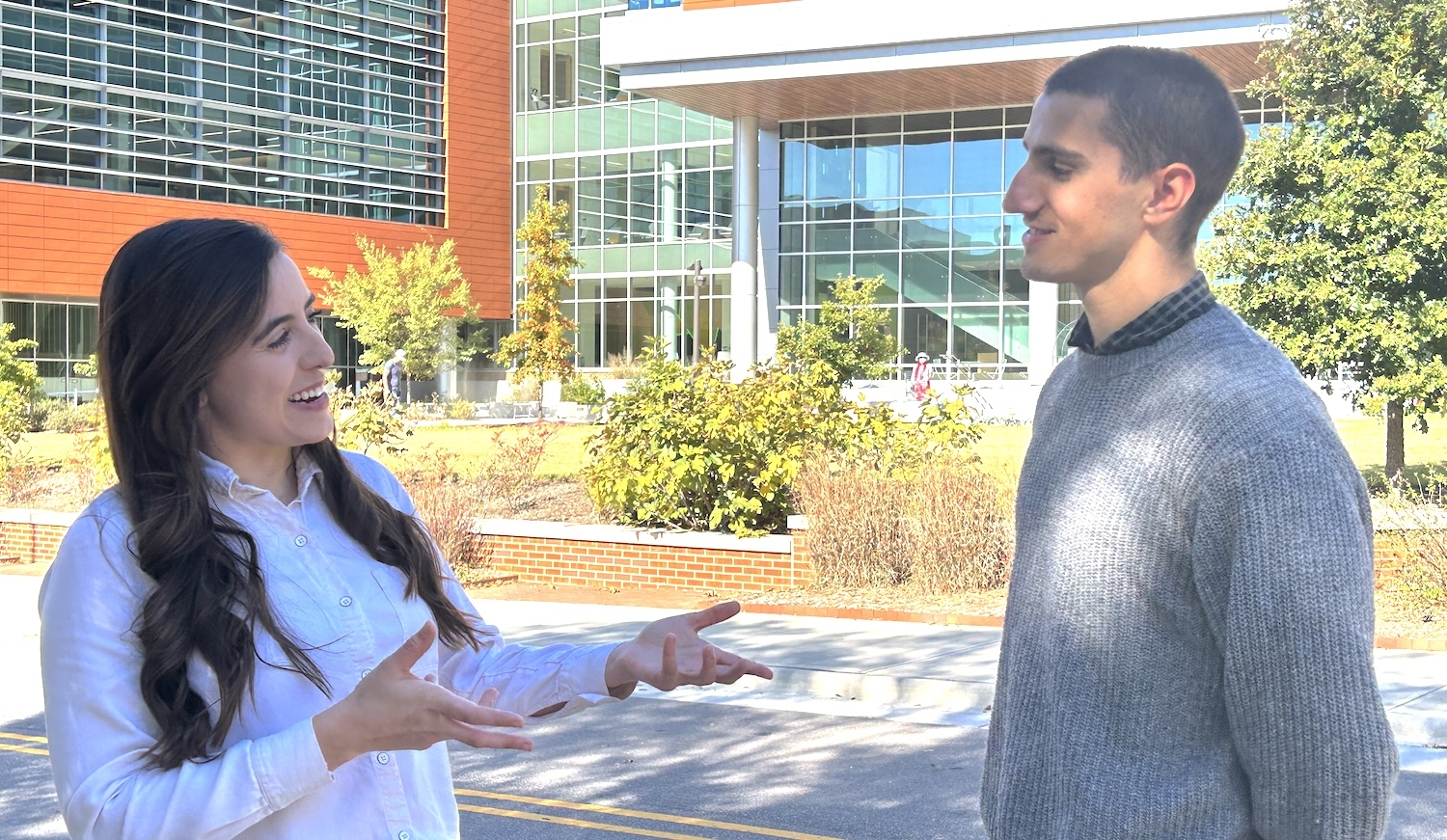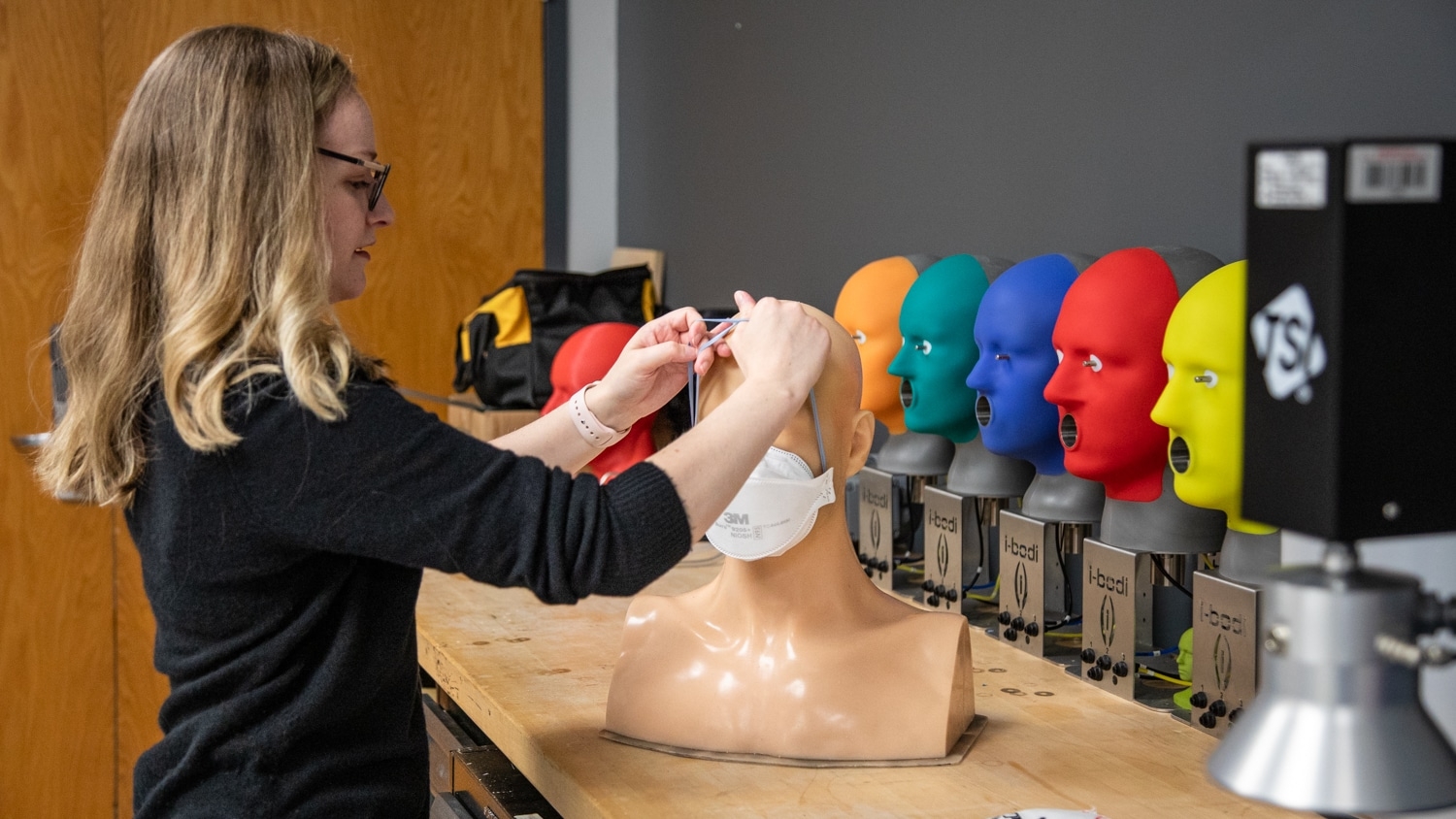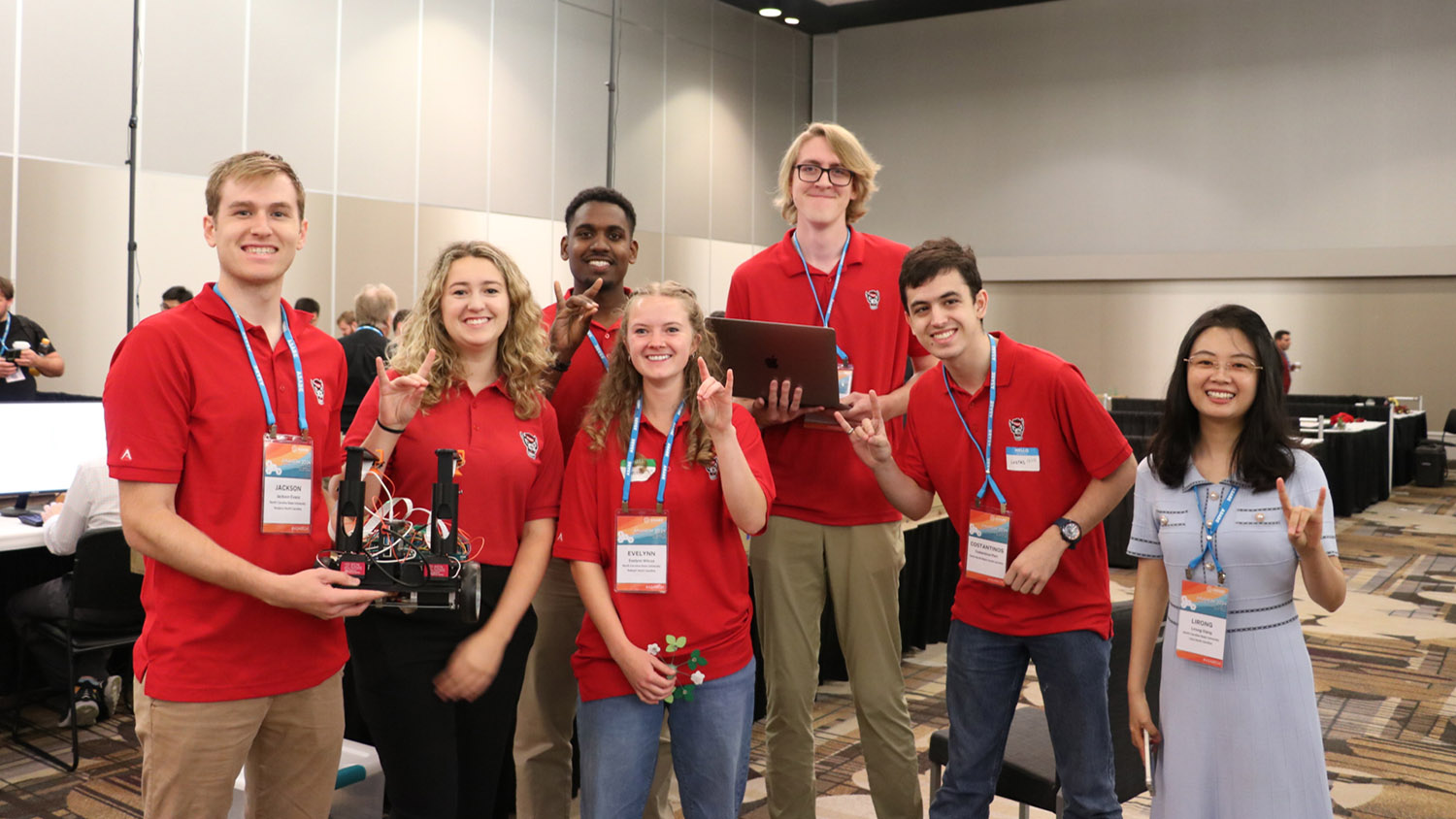Powering ahead
NC State develops a first-of-its-kind professional science master’s degree in electric power systems engineering.

Ryan Benjamin has a plan.
He wants to earn a master’s degree in the white-hot field of electric power systems engineering, add valuable technical and professional skills to his résumé, and balance an internship — at the same time.
And he’d like to finish all that in less than a year.
Now, thanks to a $3.4 million US Department of Energy grant to NC State’s Department of Electrical and Computer Engineering, Benjamin’s plan isn’t just possible, it’s happening.
Starting this past summer, a group of NC State engineering students began taking courses toward a professional science master’s degree in electric power systems engineering – the first degree program of its kind in the nation. The program benefits from strong industry support, including a recent gift from Siemens that will establish a term professorship and two graduate fellowships for students enrolled in the program.
“When I heard that NC State developed its own power systems master’s degree program, I was very intrigued,” said Benjamin, an electrical engineering intern at Eaton Energy Solutions. “The fact that it’s so focused and can be completed in a year’s time added to the list of positives.”
The program has formed as researchers with the FREEDM Systems Center, a National Science Foundation Engineering Research Center headquartered at NC State, are leading efforts to develop technologies that transform the nation’s century-old electric power grid into a “smart grid” that can handle large amounts of renewable energy generated from businesses and homes. Making this happen will require a highly skilled, smart-grid-ready workforce.
NC State’s new program will groom recent graduates and new company recruits while rebooting professionals already working in the field. Professional skills, interdisciplinary learning and industry exposure are the key features behind the program, which by fall 2012 should also be available over the Internet as a distance education program.
“There’s an urgent need for a much larger workforce in the power systems area,” said Dr. Mesut Baran, professor of electrical and computer engineering and director of the program. “This program gives students an opportunity to get training quickly and affordably.”
FREEDM provides lab space to students working on the program’s capstone power systems project undertaken during the second semester. The unique facilities at the Keystone Science Center on NC State’s Centennial Campus also expose students to real world issues related to smart grid, solar and wind generation, and energy storage technologies.
“It was nice to see all of the courses the program offers,” said Yigitcan Unludag, another member of the program’s first class. “There’s a smart grid class that we’re going to take, and there’s also a capstone project in which we’ll work with one of the leading companies in the industry and get solid hands-on experience.”
The program is designed to give students advanced training in the electric power systems engineering field, while developing highly valued professional skills, all of which will help the program’s graduates land jobs.
“Everyone knows that for a program to be successful, graduates need to be placed in jobs,” Baran said. “There’s a big need for power engineers, so we’re hoping that we’ll attract students because of the demand. We want a globally recognized program.”
That’s where industry support plays a major role. Part of the recent Siemens gift will establish the Siemens Term Professorship in Power Engineering, which will be awarded to a faculty member who is a rising star in the field. The professorship funds will support lab and course development, equipment purchases and other teaching and research activities over three years.
The Siemens Graduate Student Fellowship in Electric Power Systems Engineering will be received by two of the program’s students annually for three years. It will cover in-state tuition and fees and provide a stipend for student living expenses.
Also among the program’s industry supporters are ABB, Quanta Technology, Green Energy Corp., Progress Energy, and Duke Energy. Many of these companies have provided experts who teach courses alongside the program’s faculty members.
“It’s very important to bring in industry members,” said Dr. Pam Carpenter, education program manager of the program. “They know what’s going on out there, and they help drive the market transformation, policy and technology.”
- Categories:


